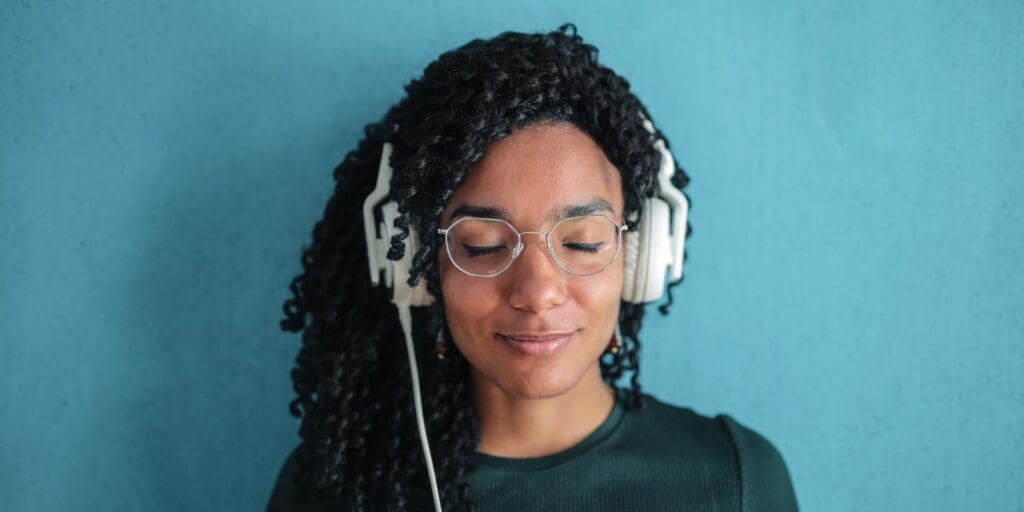Attention-deficit Hyperactivity Disorder (or ADHD) is a condition that, in the UK, affects around 4% of boys, and less than 1% of girls. It can potentially last into adulthood, though it tends to present itself differently as we age, with older sufferers tending to be inattentive rather than hyperactive.
Sensory overload
Around 60% of those with ADHD tend to also suffer from something called Sensory Processing Disorder. This can lead a person to become fixated on a particular sensation or thought, to the point that they’re unable to focus on the task in front of them. So, rather than dealing with the series of maths problems that your teacher has presented you with, you might prefer to look at a squirrel outside the window.
This can produce a range of unwelcome side-effects, beyond a loss of focus. You might become restless, or anxious. Your heart might race, or you might feel that you’re trapped and unable to escape a situation.
How can noise-cancelling headphones help?
If you want to limit distraction, it follows that plugging your ears might help. Since noise-cancelling headphones do exactly this, they’re worth considering. As a side benefit, the fact that you’re wearing headphones might provide those around you with a visual cue that you’re not to be disturbed.
Noise-cancelling headphones work by plugging your ears, first and foremost. But they also play a phase-inverted version of the ambient sound outside the headphones – so that even the stuff you’re hearing is cancelled out.
What you actually listen to through your headphones will depend on your personal preference. Ambient music, white noise, brown noise, and various sounds (like aeroplane noise) are all worth considering.
Focus
If you can’t hear the world outside, then there’s less opportunity for distraction to creep in. While it might be a good idea to work on your ability to overcome distraction, perhaps through meditative practice, this should probably be a separate practice to the rest of your work.
So, while it might be possible to cope with the distraction of a noisy environment, if you train yourself appropriately, it’s still worth limiting that distraction while you’re actually working.
Anxiety
There’s some research to indicate that noise-cancelling headphones can help some people to cope with their anxiety. Anxiety can often be self-reinforcing. The more that you notice the thing that’s inducing your anxiety, the more anxious you become; the more anxious you become, the more you notice the anxiety-inducing stimulus. Noise-cancelling headphones can help you to break that cycle.
While we can’t draw any definite conclusions, and your success might vary depending on the music you’re listening to, and your personality, this is still enough to suggest that a change in headphones might be worth exploring.

